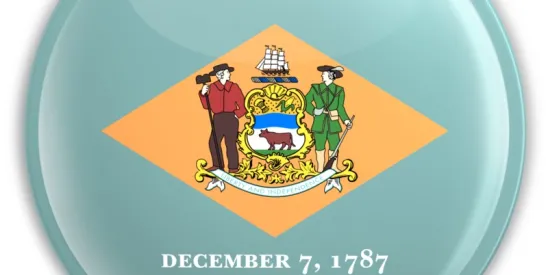Resuming its efforts to combat unscrupulous cash advance practices, on November 5, 2024, the FTC filed a complaint against Dave, Inc. (“Dave”), a Delaware fintech corporation that operates a mobile application it advertises as offering “instant” short-term advances. The complaint alleges several FTC Act violations. First, the FTC asserts that Dave deceptively advertised to consumers that they could “instantly,” “on the spot,” “now,” and “in under 5 minutes” receive a cash advance of “up to $500” just by downloading the application, when few consumers are offered the advertised amount and most aren’t offered a cash advance. Second, the FTC alleges that Dave violated the FTC Act because those consumers who are offered an advance are made to pay an undisclosed “Express Fee” ranging from $3 to $25 to receive the funds instantly. Yet according to the complaint, consumers only see the fee after accepting the cash advance and connecting their bank accounts to the Dave app. Third, the FTC alleges that Dave violated the FTC Act by collecting an additional 10–20% of a consumer’s total cash advance as a “tip” without properly disclosing the charge and whether it is avoidable. Per the FTC, moreover, consumers are misled to believe that the “tip” will be used to provide a certain number of meals to children in need when Dave keeps most of it. Finally, the complaint alleges Dave enrolls consumers without their knowledge in a monthly $1 subscription that automatically renews unless the consumers take affirmative steps to stop the recurring charge.
The complaint also asserts claims against Dave for violation of the Restore Online Shoppers’ Confidence Act (“ROSCA”). ROSCA prohibits charging consumers for goods and services via the Internet through “negative option features,” which are contractual provisions allowing a party to take a customer’s silence as acceptance of a contract’s terms, unless certain conditions are met. Specifically, where negative option features are involved, ROSCA requires online sellers of goods or services to (1) clearly and conspicuously disclose all material terms of the transaction before obtaining consumer billing information; (2) obtain the consumer’s informed consent before making any charges; and (3) provide a straightforward mechanism for the consumer to stop any recurring charges. The complaint alleges that Dave failed to satisfy each of the above requirements in connection with its cash advance mobile app.
The complaint against Dave is pending before U.S. District Court for the Central District of California and has been assigned to Judge Monica Ramirez Almadani.
This is not the first time the FTC has targeted online cash advance providers. In November of last year, for example, the FTC filed a similar complaint against Bridge It, Inc. (“Brigit”), another Delaware corporation operating a mobile application offering consumers short-term cash advances via a $9.99 per month membership plan. That complaint also alleged various claims under the FTC Act and ROSCA. Just last week, on November 4, 2024, the FTC issued a press release announcing it would be sending, pursuant to a stipulated order for a permanent injunction, monetary judgment, and other relief entered against Brigit, over $17 million in refunds to Brigit’s consumers. And earlier this year, another stipulated order for a permanent injunction, monetary judgment, and other relief was entered against cash advance provider FloatMe Corp. (“FloatMe”) as a result of the FTC’s enforcement efforts. Pursuant to that order, FloatMe agreed to pay the FTC $3 million, of which $2.6 million will go to consumer refunds.





 />i
/>i
